Introduction
Where To Surrender Guinea Pigs: Surrendering guinea pigs, beloved and gentle companions for many pet owners, is a responsibility that should be approached with care and consideration. While these charming rodents often bring joy and companionship into our lives, circumstances may arise that necessitate finding them a new home or safe refuge. Whether due to changing living situations, health concerns, or other life challenges, knowing where and how to surrender guinea pigs is essential for their well-being.
The various options available to individuals seeking to surrender their guinea pigs, highlighting animal shelters, rescue organizations, and responsible rehoming practices, all of which play a vital role in ensuring these small, furry creatures continue to receive the care and love they deserve. When faced with the decision to surrender guinea pigs, it is crucial to prioritize their welfare and seek out responsible solutions.
Guinea pigs are known for their social nature and unique personalities, making them wonderful companions for those who have cared for them. However, circumstances such as allergies, life changes, or unexpected events may lead owners to consider rehoming these delightful pets. We will delve into the ethical considerations surrounding guinea pig surrender, emphasizing the importance of making informed decisions that prioritize the animals’ health, happiness, and safety.
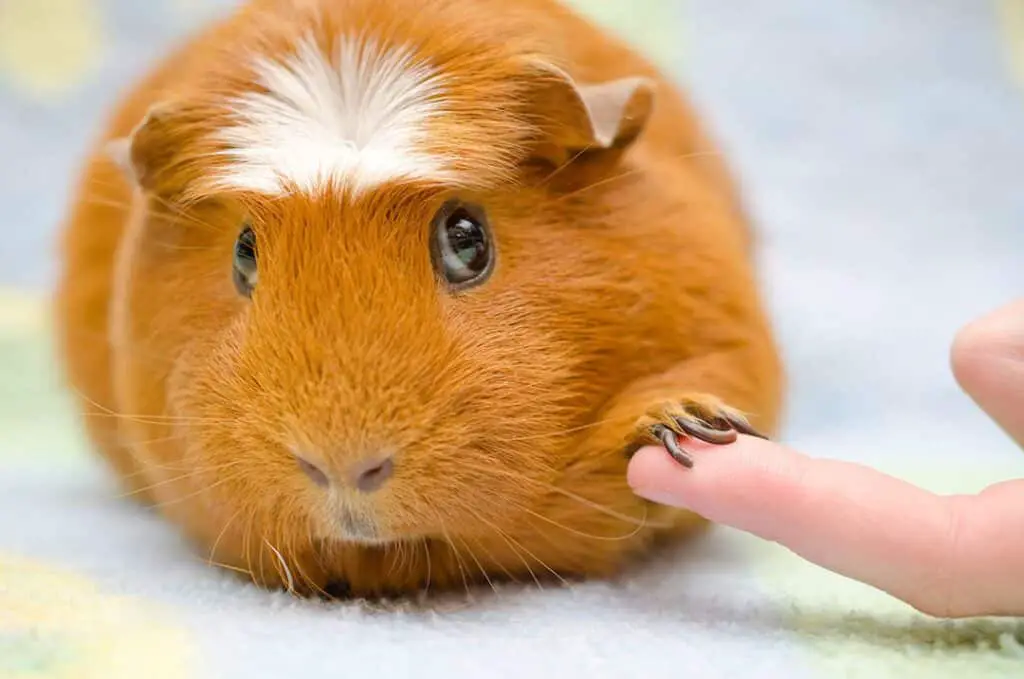
Where can I take a guinea pig I can’t keep?
Please call your veterinarian or local humane society. They will be able to put you in touch with small animal/exotic pet rescues in your area. Please, please don’t harm your guinea pig or dump them off anywhere outside.
Veterinarian: Your local veterinarian may be able to provide guidance on where to surrender your guinea pig or even recommend specific rescue organizations in your area.
Humane Society or Animal Shelter: Contact your local humane society or animal shelter. They often have resources and connections to small animal rescues or may even accept surrenders directly.
Small Animal/Exotic Pet Rescues: Specialized rescue organizations that focus on small animals or exotics, including guinea pigs, can be excellent places to surrender your pet. They are knowledgeable about the specific needs of these animals and work to find them suitable homes.
Online Resources: You can also consider using reputable online platforms dedicated to pet adoption and rehoming. Ensure that you thoroughly screen potential adopters to ensure the guinea pig goes to a loving and responsible home.
Ask Friends and Family: If you trust someone in your social circle who is experienced in caring for guinea pigs and is willing to adopt, this can be a good option.
Where can I release my guinea pig?
Leaving your guinea pig out in the wild is cruel. Take it to a good pet store or Humane Society.
Local Humane Society or Animal Shelter: Contact your local humane society or animal shelter. They may accept surrendered guinea pigs and work to find them suitable new homes.
Reputable Rescue Organizations: Look for small animal or guinea pig rescue organizations in your area. These organizations specialize in caring for and rehoming guinea pigs and can provide the necessary care until they find a new home.
Pet Stores: Some pet stores may accept surrendered guinea pigs, but it’s crucial to ensure that the store is reputable and that they will provide proper care and rehome the guinea pig responsibly.
Online Rehoming Platforms: There are websites and social media groups dedicated to pet adoption and rehoming. Be cautious when using these platforms and thoroughly screen potential adopters to ensure your guinea pig goes to a loving and responsible home.
Why don’t guinea pigs defend themselves?
Adults and babies prefer to flee from predators rather than stand and defend themselves. Several of their sensory adaptations favor flight over fight. Guinea pigs hear better than humans, especially at high frequencies, and their sense of smell is highly developed.
Small Size: Guinea pigs are small and relatively fragile animals compared to many potential predators. Their size alone makes them vulnerable, and engaging in physical confrontations is often not a viable option for them.
Herbivorous Diet: Guinea pigs are herbivores, primarily consuming plants. Unlike carnivores or omnivores, they lack the physical adaptations for hunting or fighting that might be present in other animals.
Limited Mobility: Guinea pigs are not fast runners, nor are they agile climbers or swimmers. They rely on hiding and fleeing to evade threats rather than physical combat.
Social Nature: Guinea pigs are social animals that live in groups. Their social structure is built around cooperation and communication, rather than competition or aggression.
Sensory Adaptations: As you mentioned, guinea pigs have evolved sensory adaptations that favor flight. Their acute hearing and keen sense of smell help them detect potential threats from a distance, allowing them to escape before danger is imminent.
What are guinea pigs’ worst fear?
These guinea pigs may run away if people get too close or hide when new people are in the home. They may also startle easily. Some guinea pigs are afraid of new toys and loud noises. This is a combination of genetic and socialization issues.
Loud Noises: Guinea pigs have sensitive hearing, and loud or sudden noises can startle and stress them. Thunderstorms, vacuum cleaners, or other loud household sounds can be sources of fear.
Sudden Movements: Guinea pigs may become scared if there are sudden or quick movements around them, such as reaching into their enclosure too quickly.
Predatory Animals: Since guinea pigs are prey animals, they can become extremely fearful when exposed to the presence or scent of predatory animals, even if those predators are not in the same vicinity.
New Environments or People: Guinea pigs are often wary of new environments or unfamiliar people. They may hide or become skittish when introduced to new places or individuals.
Handling and Picking Up: Some guinea pigs are uncomfortable with being picked up or handled, especially if they haven’t been properly socialized to human contact from a young age.
New Toys or Objects: While guinea pigs can be curious about new items in their enclosure, they may also be cautious and initially scared of unfamiliar toys or objects.
Isolation: Guinea pigs are social animals and can become anxious or stressed if kept alone. They may feel isolated and fearful without the companionship of another guinea pig.
How long can a guinea pig survive in the wild?
More commonly, domestic guinea pigs live an average of 5 years. In the wild, guinea pigs typically live for 1-4 years, as they are a common prey species and live in sometimes harsh environments. Male guinea pigs are called boars, while female guinea pigs are called sows.
In the wild, the lifespan of a guinea pig can be quite different from that of their domesticated counterparts. Guinea pigs in the wild face a range of challenges, including predation, exposure to the elements, and limited access to consistent food sources. Their average lifespan tends to be shorter than that of domesticated guinea pigs.
In their natural habitat, wild guinea pigs typically have a lifespan of about 1 to 4 years. This relatively short lifespan is influenced by the various factors mentioned earlier. They are indeed common prey species for predators, and their survival can be precarious. Wild guinea pigs, also known as cavies, have evolved to reproduce at a young age and have relatively short lifespans as a survival strategy.
Domesticated guinea pigs, on the other hand, benefit from a controlled and protected environment. With proper care, including a balanced diet, shelter from predators and the elements, and regular veterinary attention, they can live longer and often have an average lifespan of around 5 to 7 years, though some may live even longer.
Can I take my guinea pig everywhere I go?
If your little piggy wants to go to market – or anywhere else for that matter – there’s no reason it shouldn’t, says our vet Albert. Guinea pigs can make excellent travel companions, but, as with any pet, there are a few must-dos to bear in mind when travelling with them, as these tips will remind you.
Contact in Advance: Before showing up at a shelter or rescue, it’s crucial to contact them in advance. Many shelters have limited space, and they may need to schedule an appointment or check availability.
Provide Information: Be prepared to provide information about your guinea pigs, including their age, sex, temperament, and any medical history. This helps shelters and rescues find the best match for potential adopters.
Donation: Many shelters and rescues appreciate a donation to help cover the costs of caring for your guinea pigs. While they may not require it, it’s a kind gesture to support their efforts.
Provide Accurate Information: When creating listings, be honest about your guinea pigs’ health, age, and any special needs. Transparency is essential for finding suitable homes.
Meet in Person: Before finalizing an adoption, meet with potential adopters in person to ensure they are knowledgeable about guinea pig care and are genuinely interested in providing a loving home.
How do I rehome my guinea pigs?
Reach out to your friends and family members to see if there is anyone that is willing to and able to take in your guinea pigs. This is probably the easiest option for you emotionally as well, because you might even be able to visit the piggies from time to time.
Open Communication: Have an open and honest conversation with your friends and family about the responsibilities of guinea pig ownership. Ensure they understand the commitment involved.
Meet the Guinea Pigs: Allow your friends or family members to meet the guinea pigs in their current environment. This can help them assess if they are a good match.
Transition Period: If they are willing to take in the guinea pigs, plan a transition period. Gradually introduce the guinea pigs to their new home and caregivers. This can help reduce stress for the guinea pigs.
Provide Information: Share important information about your guinea pigs, including their diet, medical history, likes, and dislikes. Make sure your friends or family have everything they need to care for them properly.
Stay Connected: Offer to stay in touch and provide support as needed. This can include answering questions, offering guidance, or even visiting the guinea pigs from time to time if it’s agreeable to all parties.
Ensure a Safe Environment: Confirm that the new caregivers have a safe and appropriate enclosure for the guinea pigs. Offer guidance on cage setup and maintenance.
Can guinea pigs be let free?
While you can let your guinea pig roam free in your home and backyard, doing so exposes him to dangers he won’t find in his cage. Guineas may nibble baseboards, furniture, upholstery or electrical cords in your home, the strong-smelling urine of the male may leave unpleasant smells in porous surfaces.
Indoor Play: You can designate a secure and supervised indoor area for your guinea pigs to have playtime outside of their cage. Ensure the space is free from hazards such as electrical cords, toxic plants, and small objects they could ingest.
Outdoor Play: If you want to let your guinea pigs enjoy outdoor time, it should be in a secure and predator-proof enclosure, such as a playpen or a well-fenced backyard. Guinea pigs are prey animals and can be vulnerable to predators like birds of prey, dogs, or cats.
Supervision: Always supervise guinea pigs during their playtime to ensure their safety. Even in a controlled environment, they can find ways to get into trouble or injure themselves.
Chewing Behavior: Guinea pigs have a natural instinct to chew on objects to wear down their continuously growing teeth. Provide appropriate chew toys to satisfy this need and prevent them from damaging household items.
Urine and Feces: Be prepared for guinea pigs to urinate and defecate during playtime. Have a plan for cleaning up accidents promptly.
Hygiene: While guinea pigs are generally clean animals, they may track bedding or hay around during playtime. Ensure you have a way to manage any mess they create.
Temperature Considerations: Guinea pigs are sensitive to temperature extremes. Avoid exposing them to extreme heat or cold during outdoor play.
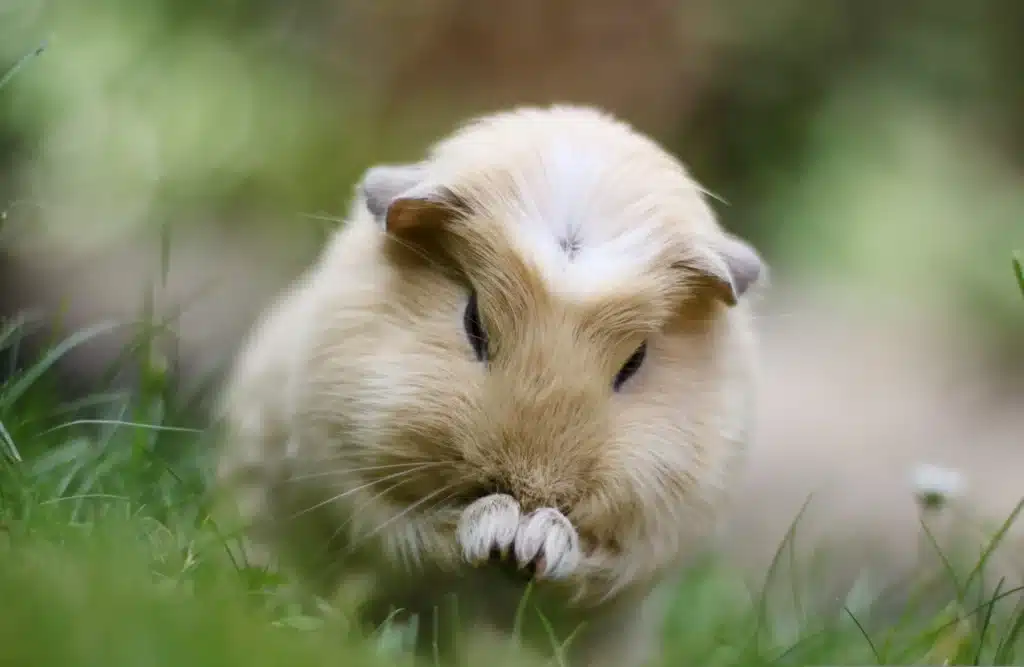
Conclusion
Knowing where to surrender guinea pigs is not only a practical concern but also a matter of ethical responsibility. These endearing creatures depend on us for their well-being, and when life circumstances necessitate rehoming, it’s crucial to choose the path that ensures their continued happiness and health. We have explored various options for guinea pig surrender, from reputable animal shelters and rescue organizations to responsible rehoming practices.
Regardless of the avenue chosen, the welfare of the guinea pigs must remain the top priority. Thorough research, communication, and transparency are essential throughout the surrender process to guarantee that the guinea pigs find loving homes where their unique personalities can flourish. That surrendering guinea pigs is not a sign of failure but a responsible choice made in the best interest of these beloved pets.
By approaching this decision with care and empathy, we can contribute to the well-being of guinea pigs and ensure that they continue to bring joy and companionship to their new families, even when circumstances necessitate a change in their living situation. Your guinea pig deserves the opportunity to thrive in a loving and suitable home, even if your circumstances have changed.

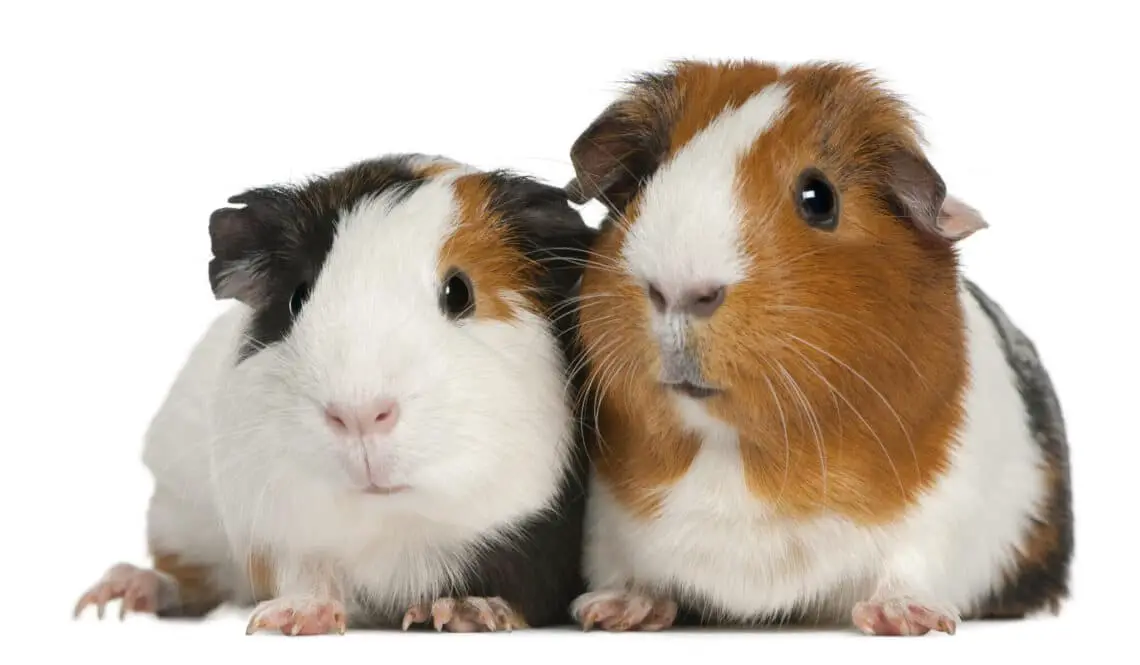
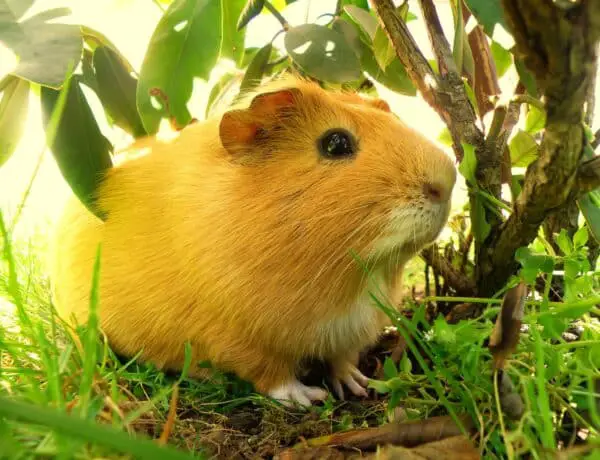

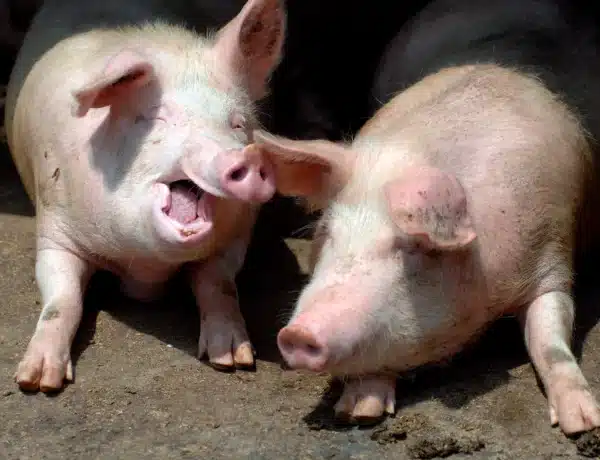
No Comments